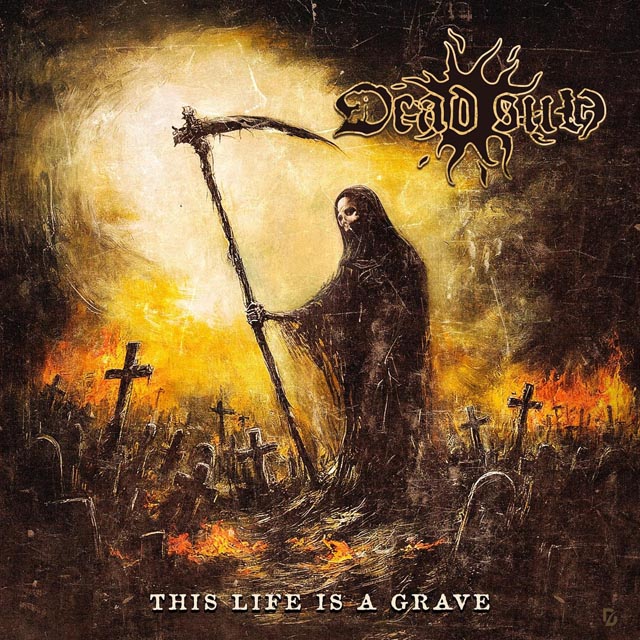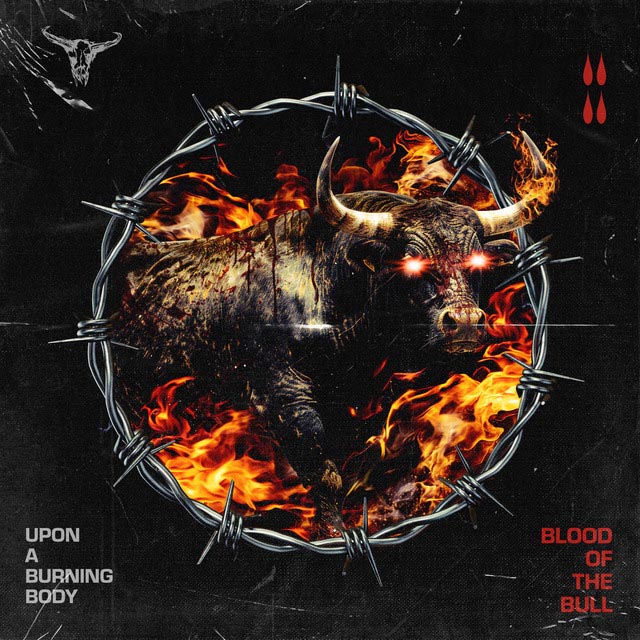Last week we got the most wonderful news, that angry and aggressive music was scientifically proven that it can make you happier. Now it seems that a UK study is showing that a disproportionately large percentage of musicians seem to struggle with some sort of mental health problem. The science giveth, the science taketh away I suppose.
Yesterday, he UK based charity Help Musicians UK has published their findings from a survey they conducted regarding the mental well being of the 552 musicians involved, from all genres.
“Jazz and folk musicians were strongly represented, together with a range of other genres including pop, musical theatre, world, indie/alternative and rock/metal.”
Out of the 44 instruments featured, the 8 most common listed were: voice, violin, guitar, piano, viola, cello, drum/percussion, and bass. The participants were also fairly evenly spread out as per how long they have been professional musicians, with everything from newbies (<5 years) to the lifers (30+ years), with the largest portion being of the 5-10 year (23%) range and smallest being 16-20 years (10%).
The most cited problem being the anti-social working hours (84%). With most performances taking place in the late evenings, combined with traveling during during the day, this came as no big surprise. That was followed by money problems (82%) and work insecurity (79%). Shane Blay, of Oh, Sleeper and Wovenwar, broke down approximately how much money they REALLY make out of touring here, and it’s as depressing and eye opening of a read that you would expect after glancing over this study.
Touring, not surprising, is not the easiest job in the world. A super majority of the respondents, 71% to be specific, reported travel being one of the stresses of the job. While it may be praised as the dream gig, and let’s be honest it’s probably pretty damn fun too, it’s a struggle both physically and mentally. This survey is just one more thing shedding light on the struggles of a musician on the move.
Isabella Goldie of the Mental Health Foundation told the Guardian:
“The classic image of a touring musician would seem counterintuitive [sic] to all we know about well-being. Drinking in moderation, avoiding drugs, getting sufficient amounts of sleep, and having a support base of close friends and family nearby. These are the bonds that help keep you grounded – it’s no surprise that some musicians struggle.
“Musicianship remains one of the most exalted job roles and each live performance can provide a real high which can be hard to adjust to – especially when the elevated status that musicians receive is suddenly lost.”
Disturbed guitarist Dan Donegan had these words to say, many moons ago, in a Facebook post regarding the hardships:
“It is a great life to travel and play music, but it can also be very lonely. I’m NOT in any way complaining about the life I have ’cause I’m very fortunate and blessed. [I am] just saying most of you who may enjoy a break from your kids, you get to return home from work and tuck them in bed every night. We drive further away to the next state. Our wives have got to be the strongest people I know to have to handle all duties with the kids, school, home, bills and also being lonely. Yes, it can be glamorous but there’s a price to pay! I’ve missed weddings, funerals, birthdays (including my son’s first b-day), kids’ school events, etc.
Drummer Chris Adler of Lamb of God had this to say about touring in an interview with Metal Insider (Oh hey, that’s us!):
“And then touring is just as strenuous because some guys just don’t want to spend six months on a bus, and it’s not always green or nice smelling. It’s a lifestyle that not everybody is cut out for. Out of which one is the hardest one, I think touring is the hardest because sometimes, like on this record Wrath, we were very flattered and honored to have done as well as we did around the world and to go everywhere that we did. But when you’re out for six months and you get the call that there’s another two months added on, and then we’re going somewhere else after that and then another place after that, you just never see the light of going home. It’s not that you don’t want to go out and play the show. It’s not that you want to make it sound anything less than exciting because it is. It really is a lot of fun, but then there’s the routine day after day, you don’t know where you are anymore, you get lost in it, and it starts to get really, really lonely. So it’s tough there too!”
Lee McKinney of Born of Osiris had this to say about life on the road:
“I think everyone should start by understanding that touring is not the easiest job out there. If you are in a band about to head out on the road for an extended period of time, you need to make sure the people around you are your best friends and you won’t mind sharing every second of your life with them.”
It probably also doesn’t help that touring for lower to mid level bands pays a mere pittance,.
Compounding the mental problems that come with the constant strive for perfect performances, as is expected from musicians, 75% of the respondents claimed to have experiences performance anxiety, with 48% having suffered from a repetitive strain injury at one time or another in their career, and 47% reported hearing problems. All of these factors come into play when that perfect performance (and your paycheck) is on the line.
As far as when it came to seeking help for these problems, disturbingly fewer than half of the respondents reached out for professional help, and of those that did, only half reported than any of the help they received was actually helpful.
Metal health will drive you mad, but all joking aside, even minor mental health issues are a serious matter and can manifest into something more troubling. After the Burial’s case regarding their guitarist Justin Lowe was just one of the more recent, as both EyeHateGod and Creed’s singers, Mike IX Williams and Scott Stapp respectively (Side note: This is not really something I should have to specify, but I will anyway), have both had their own recent problems.
If you, or somebody you know are suffering with a mental illness, you can learn how to get help here, from the United States Department of Human Services.
National Suicide Prevention LifelineNeed help? United States:1 (800) 273-8255
Hours: 24 hours, 7 days a weekLanguages: English, SpanishWebsite: www.suicidepreventionlifeline.org
(via)
















